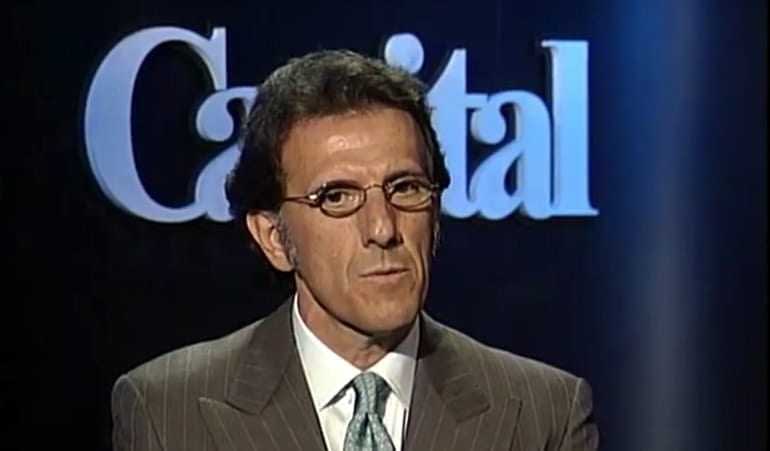A Smear Campaign Against Tunisian Olive Oil
Tunisian representatives and others are speaking out about a campaign to tarnish the reputation of the country's olive oil after Europe raised import limits to help with its economic recovery.
Tunisian olive oil is the subject of some aggressive and misleading media campaigns in Europe.
The climax was reached on March 15, during an Italian television program called “Ballarò” on the public channel RAI3, which is mostly watched by senior citizens.
Good quality extra virgin olive oil can be produced in Italy, but also in Tunisia.
A journalist reported from a small Tunisian oil mill based in Zaghouan, to show his fellow citizens what was characterized as shoddy sanitation and hygiene measures in a Tunisian oil mill. On the set of the show were also present Matteo Salvini, chairman of the Italian extreme right Populist Party Lega Nord and Zefferino Monini, CEO of Monini Spa, which is a large olive oil business.
For his part, Monini expressed his disapproval of the journalist’s work, calling it “superficial and partial.” Monini went on by saying: “Generalization is never good for the truth and true information. Good quality extra virgin olive oil can be produced in Italy, but also in Tunisia and the same applies for poor quality oil.”
On September 17, the European Commission adopted a legislative proposal which authorized additional temporary access of olive oil from Tunisia within the European market to support Tunisia’s economic recovery. Through 2017, Tunisia is allowed to export to the EU a quota of 35,000 tons of olive oil per year without customs duties, in addition to the 56,700 tons already allowed, for a total of 91,700 tons annually.
“Exceptional circumstances call for exceptional measures. The answer today is a strong signal of EU solidarity with Tunisia, which has our support,” said Federica Mogherini, the EU High Representative for Foreign Affairs and Security Policy.
The trade relations between the EU and Tunisia are governed by the Euro-Mediterranean Association Agreement which was signed in 1995 and thus allows a yearly quota of 56,700 tons of olive oil from Tunisia to be exported to Europe without customs surcharges. This agreement laid the foundations of a free trade area.

Zefferino Monini
Of course, some European olive oil producers have a different perception of the Tunisian emergency quota. In Italy, the reaction of the farming community was the strongest. Already weakened by the devastating bacterial infection caused by Xylella fastidiosa, this community then saw oil outside the EU pouring into its market.
A mobilization campaign was launched by the Coldiretti farmers’ organization reinforced by several personalities, political parties and media joining their voices of discontent.
According to the Italian news agency ANSA, the EU annually consumes 1,165,500 tons of olive oil among which 1,032,600 tons are produced by European producers led by Spain, Italy and Greece. The rest, about 132,800 tons, comes from non-EU countries, or about 7.8 percent of the total.
Tunisian reactions came through the president of the Forza Tounes association Bayoudh Suhail, who strongly criticized the poor attitude of Tunisian authorities dealing with the case. He suggested launching a campaign called “oil, like fish, has no nationality” to go against what he felt was an immoral smear campaign.
Fradi Mourad, the president of the Tunisian-Italian Chamber of Commerce also reacted on several radio stations and urged the Minister of Agriculture to create a task force to communicate on the excellent quality of olive oil in Tunisia and about its international reputation.
He also pointed out that the Italian media are often unable to describe the Tunisian reality. Indeed, according to this very “Ballaro” program, it seemed perfectly safe to consume olive oil from Tunisia. The extra virgin olive oil brand detailed on the show had won medals at international competitions.
In 2015, Tunisia became the world’s largest exporter of olive oil. After an exceptional 2014/2015 season, Tunisia experienced a sharp 60 percent drop in production for the 2015/2016 harvest season.








